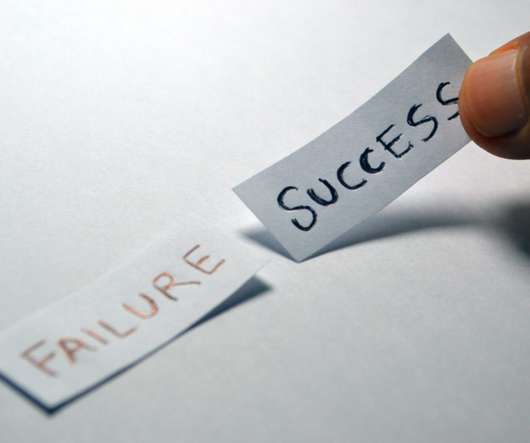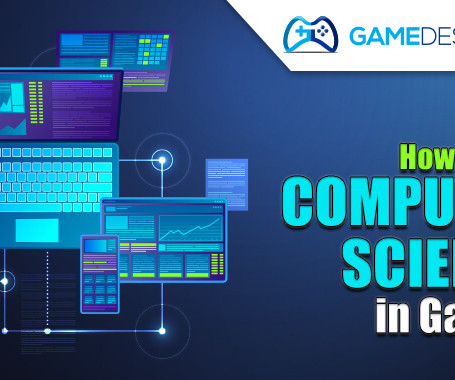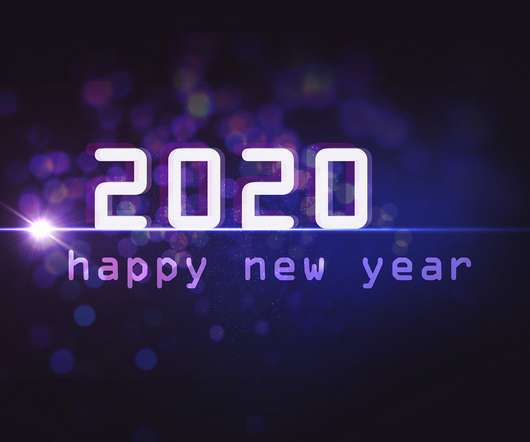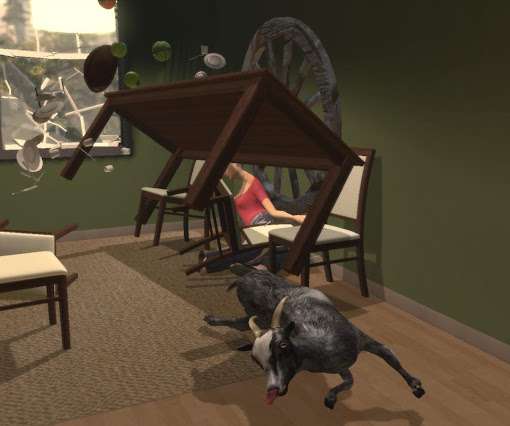How to Diagnose Failure & Move Forward as a Board Game Developer
Brand Game Development
MAY 14, 2018
Failure can involve missed deadlines, lost clients, scrapped prototypes, controversial public statements, or no-show events. Operational failures come from a problem in your plan’s implementation, but not necessarily the core concepts of your plan. Not all failure comes in the form of unsuccessful Kickstarter campaigns.












Let's personalize your content